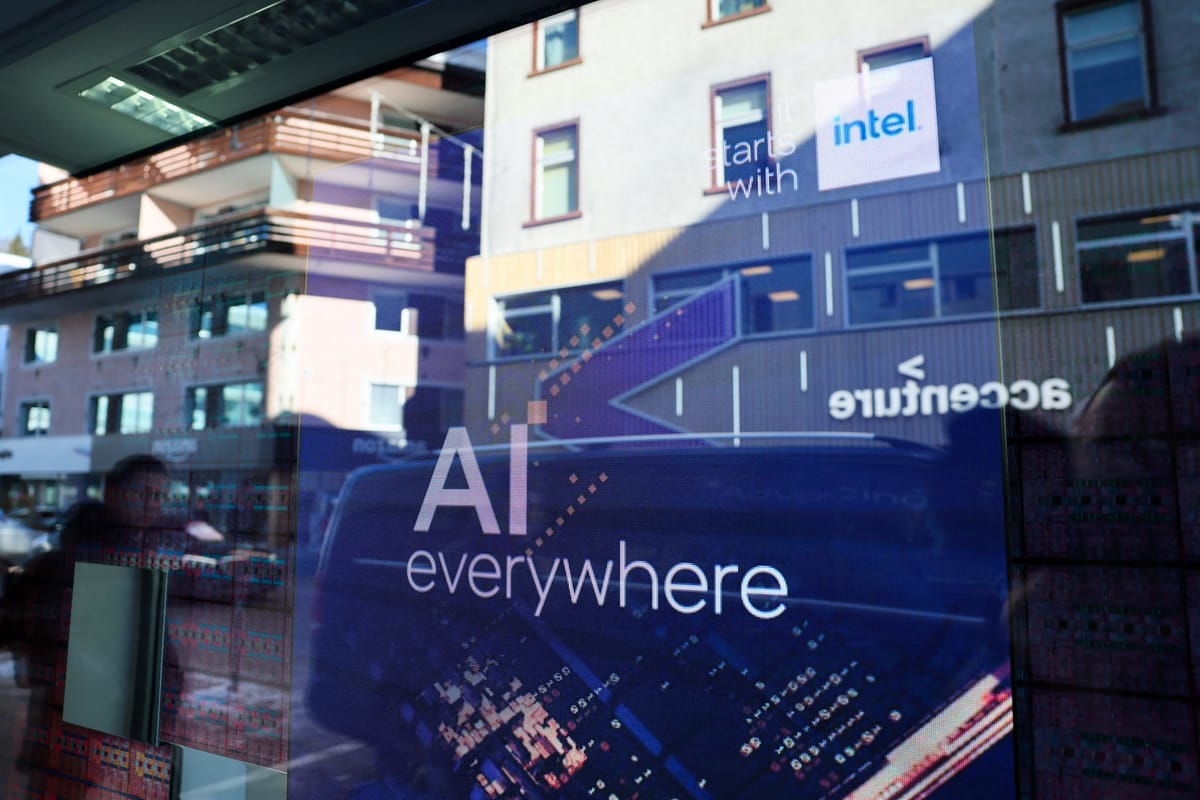An MIT study has found that AI can’t yet replace humans in the majority of jobs
Researchers found that AI can’t currently replace the majority of jobs in a cost-effective way.

A few minutes every morning is all you need.
Stay up to date on the world's Headlines and Human Stories. It's fun, it's factual, it's fluff-free.
The backstory: Toward the end of 2022, OpenAI launched the generative artificial intelligence (AI) tool ChatGPT, and since then, AI has been on everyone’s mind as the tech gets more advanced and develops better capabilities. Fears of AI’s impact on jobs have been an ongoing topic of conversation as the AI community makes more progress. Economists from Goldman Sachs predicted in early 2023 that 300 million full-time jobs around the world could be automated, and AI had already pushed many businesses to rethink how their employees work every day. But the bank also mentioned that this tech could boost productivity and growth and increase global GDP by up to 7% over time.
More recently: Last week, we reported on an analysis by The International Monetary Fund (IMF) that said AI is set to affect nearly 40% of all jobs around the world, and that advanced economies would likely feel it more than others. AI could likely “worsen overall inequality,” according to the IMF’s managing director Kristalina Georgieva. Although the group did point out AI’s benefits like increasing the productivity of workers, it could replace some human work, lowering the demand for labor, affecting wages and even getting rid of jobs.
The development: The Massachusetts Institute of Technology (MIT) recently released a study called Beyond AI Exposure centered around the fears people have about AI replacing humans in a range of industries. Researchers found that AI can’t currently replace the majority of jobs in a cost-effective way. The findings suggest that only 23% of worker compensation exposed to AI “computer vision” would be cost-effective for firms to automate because of how expensive AI systems are at the moment. Computer vision refers to the field of AI that lets machines get meaningful info from digital images and visual input.
For example, one of the case studies looked at a hypothetical bakery where workers inspect ingredients for quality control on a daily basis – but that’s only about 6% of what they do all day while working. In this scenario, AI computer vision wouldn’t be worth the cost in the end, according to the study.
Key comments:
“Our study examines the usage of computer vision across the economy, examining its applicability to each occupation across nearly every industry and sector,” said Neil Thompson, director of the FutureTech Research Project at the MIT Computer Science and Artificial Intelligence Lab, via email to Bloomberg. “We show that there will be more automation in retail and health care, and less in areas like construction, mining or real estate.”
Overall, our findings suggest that AI job displacement will be substantial, but also gradual – and therefore there is room for policy and retraining to mitigate unemployment impacts,” the study writes.




Comments ()